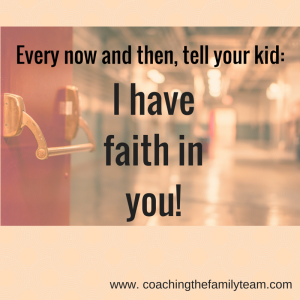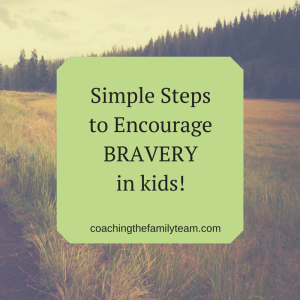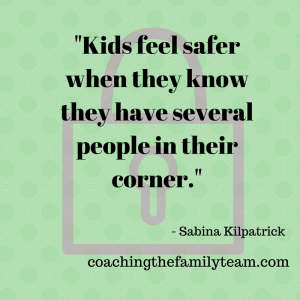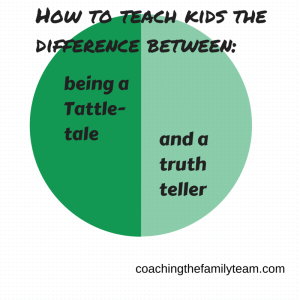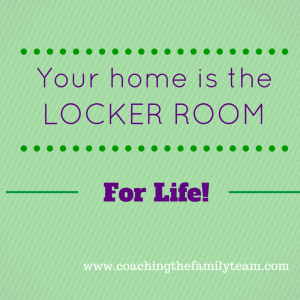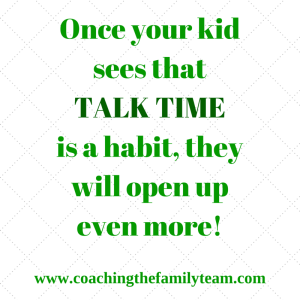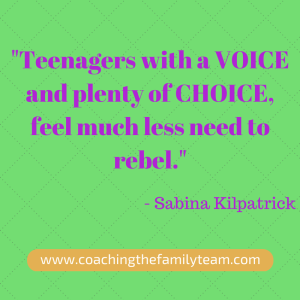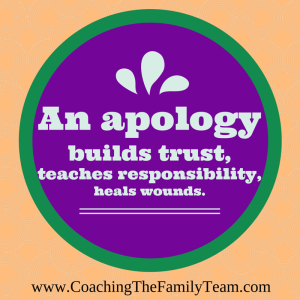 As we have all figured out already, unfortunately none of us know everything. So we might as well not try to learn everything on our own and reinvent the wheel. ASK FOR HELP! Sometimes we get stubborn or we get arrogant or embarrassed and we think “I’ll reinvent the wheel myself. I’ll design it. I’ll build it. I’ll market it. I’ll use it. I’ll replicate the process so other people can use it.” Now, if that’s fun for you, great. Go for it! But if your goal is really just to have the wheel and be able to use the wheel, you don’t have to reinvent it. Ask for help. Ask questions, ask for suggestions, find mentors. Get the wheel you need quickly and efficiently; save yourself the time and the headache.
As we have all figured out already, unfortunately none of us know everything. So we might as well not try to learn everything on our own and reinvent the wheel. ASK FOR HELP! Sometimes we get stubborn or we get arrogant or embarrassed and we think “I’ll reinvent the wheel myself. I’ll design it. I’ll build it. I’ll market it. I’ll use it. I’ll replicate the process so other people can use it.” Now, if that’s fun for you, great. Go for it! But if your goal is really just to have the wheel and be able to use the wheel, you don’t have to reinvent it. Ask for help. Ask questions, ask for suggestions, find mentors. Get the wheel you need quickly and efficiently; save yourself the time and the headache.
Some of the most successful people I know are people who ask questions. Often it is people I respect as quality parents already, who ask me for parenting advice. I see my two brothers, who are extremely successful with their businesses and finances, ask for tips and ask other successful people how they ‘made it’. They ask for help, suggestions, advice. It doesn’t mean they have to use every piece of advice, but they have learned that it benefits them to keep asking. So many exceptional people I know are ‘askers’ because really, they just want that metaphorical wheel. They want to use it in their everyday life to make life easier or they just want to use the wheel to get to the next stage and move on. They don’t want to be stuck. They really desire progress. They know the end result they are shooting for, they know their goal. If the goal is being an even better parent or creating a stronger business or quitting smoking, being an ‘asker’ works. Whatever the goal is, there are people who have done it successfully so you might as well learn from them. It’s so smart, efficient and mature.
I am proud of my kids when I see them asking for advice from others. I suggest it to them often because I want them to have the courage to approach someone they admire and learn from them. I don’t have every answer and neither do they, so it is smart of them to find people who have had success in an area where they have interest and be an ‘asker’. I suggest they ask “How did you get here? What tips do you have? If you were me, starting out, what would you do?” And guess what, it is a win-win. People feel honored when someone asks them for tips. It makes them feel good to be viewed as worthy of advice dispensary. And who knows, your kid might make a connection that leads them to finding their own path to a happy life. Go be an ‘ASKER’ and help you kids do the same! We’ll all be geniuses in no time.

